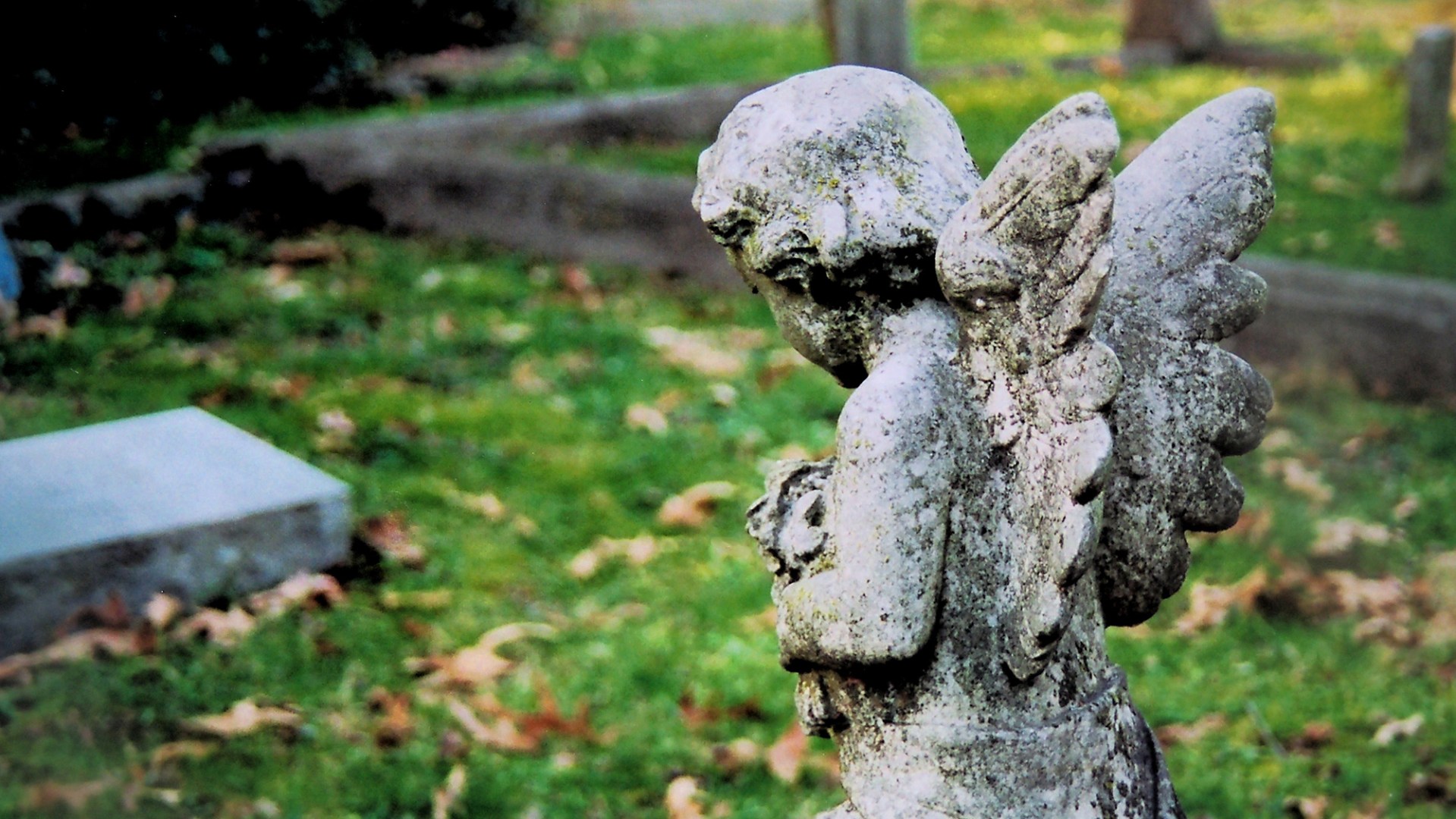Q: I've heard Mormons criticized for getting "baptized for the dead," but in 1 Corinthians 15:29, Paul writes: "Now if there is no resurrection, what will those do who are baptized for the dead? If the dead are not raised at all, why are people baptized for them?" (NIV). Did Jews or early Christians practice this? Why do we believe it's wrong to practice it today?
—Janice Showalter Flint, Michigan
A:In Mormon doctrine, no one can enter the "celestial" heaven without being baptized. But those who have died can gain admittance if others are baptized for them. Today, Mormon doctrine requires that the dead person for whom someone else is baptized must be named (hence their interest in genealogical research), and proxy baptism is considered one of the most important elements of Mormon "temple work." So it is surprising to discover that the Book of Mormon never mentions the doctrine—even more so knowing that the Bible and the Book of Mormon are between them believed to contain "the fullness of the gospel" and that the Book of Mormon ostensibly contains "the fullness of the everlasting gospel." Still, this does not prevent the Mormon's Doctrines of Salvation from boldly asserting, "The Prophet Joseph Smith declared, 'The greatest … commandment given us, and made obligatory, is the temple work in our own behalf and in behalf of our dead.' " Presumably, this is the biblical basis for 1 Corinthians 15:29.
Mormon teaching aside, how should we understand this verse? Christian leaders have long been leery of imposing on the consciences of believers as being crucial what is mentioned in only one verse. It's not that something becomes "truer" or more binding if it is repeated many times. Rather, when something is mentioned only once, it cannot be given the same weight of importance as the central themes of Scripture. (One of the marks of heterodoxy is that, while central truths are skirted, relatively peripheral matters become life-and-death issues.) More important, when something is mentioned only once, there is more likelihood of misinterpreting it, whereas matters repeatedly discussed are clarified by their repetition in various contexts.
We can see this problem in the more than 40 interpretations of 1 Corinthians 15:29 that B. M. Foschini catalogued 50 years ago in Catholic Biblical Quarterly. They included that Christians in Corinth were being "baptized into the ranks of the dead" by martyrdom (thinking of "baptism" in the light of Mark 10:38; Luke 12:50), that this was ordinary Christian baptism that took place "over" the grave of the dead, or that new Christians were baptized to "replace" Christians who had died. Though interesting, these proposals lack credibility. The most plausible interpretation is that some in Corinth were getting baptized vicariously for the dead. Several factors, however, put this into perspective. Although Paul does not explicitly condemn the practice, neither does he endorse it. Several writers have offered the following analogy. Imagine a Protestant writing, "Why do they then pray for the dead, if the dead do not rise at all?" No one would take this as an endorsement of the practice of praying for the dead; it is a criticism of the inconsistency of praying for the dead while holding that the dead do not rise. To make this rhetorical question an endorsement of the practice of praying for the dead, one would expect, "Why do we then pray for the dead?" Likewise, in 1 Corinthians 15:29 Paul preserves the more distant they. After all, his primary concern in 1 Corinthians 15 is the defense of the Christian doctrine of resurrection. His rhetorical question in verse 29 may simply be pointing out the inconsistency of those who deny the final resurrection, granted their rather strange baptismal practices.
And they were strange. There is no good evidence for vicarious baptism anywhere in the New Testament or among the earliest apostolic fathers. By the same token, there is no hint that this vicarious baptism (if that is what it was) was intended by the Corinthian believer to cover as many deceased people as could be named. If the practice existed at all, it may have been tied to a few people or special cases—for example, when a relative died after trusting the gospel but before being baptized. We really do not know. If it were something like that, one could understand why Paul does not make a federal case of it.
In any case, Paul's clear emphasis is that people are justified by grace through faith, which demands a personal response. Christian baptism is part of that personal response, even as it is a convenantal pledge. In contrast, baptism on behalf of someone who has not exercised such faith sounds like magic—of something far from Pauline thought.
By D. A. Carson, research professor of New Testament at Trinity Evangelical Divinity School, Deerfield, Illinois. Send questions to be answered by evangelical scholars to Directions, at cteditor@christianitytoday.com or Christianity Today, 465 Gundersen Dr., Carol Stream, IL 60188.
Copyright © 1998 Christianity Today. Click for reprint information.










